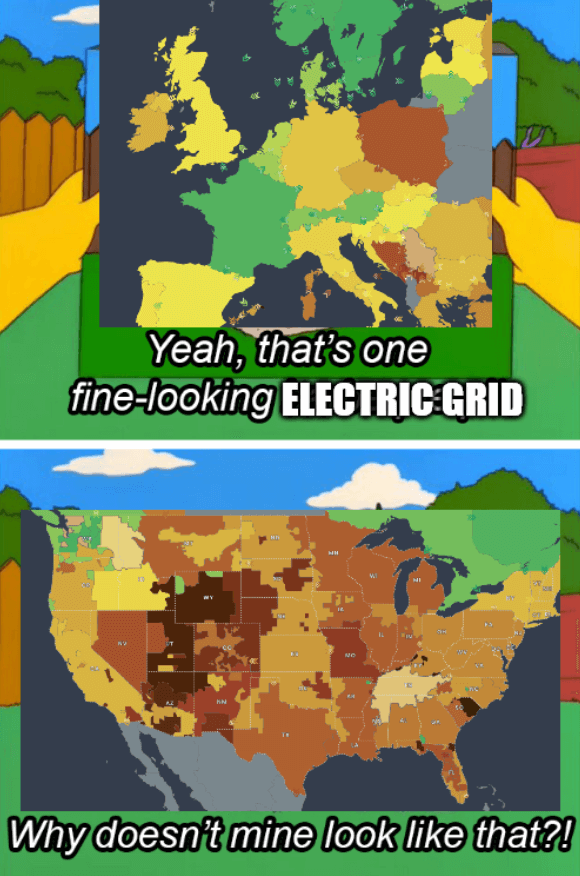this post was submitted on 19 Jul 2024
392 points (95.2% liked)
memes
10191 readers
2275 users here now
Community rules
1. Be civil
No trolling, bigotry or other insulting / annoying behaviour
2. No politics
This is non-politics community. For political memes please go to !politicalmemes@lemmy.world
3. No recent reposts
Check for reposts when posting a meme, you can only repost after 1 month
4. No bots
No bots without the express approval of the mods or the admins
5. No Spam/Ads
No advertisements or spam. This is an instance rule and the only way to live.
Sister communities
- !tenforward@lemmy.world : Star Trek memes, chat and shitposts
- !lemmyshitpost@lemmy.world : Lemmy Shitposts, anything and everything goes.
- !linuxmemes@lemmy.world : Linux themed memes
- !comicstrips@lemmy.world : for those who love comic stories.
founded 1 year ago
MODERATORS
you are viewing a single comment's thread
view the rest of the comments
view the rest of the comments

That's not how grids work. Hurricane doesn't look at administrative borders.
The person above you is talking about the Texas power grid, which is lacking in redundancy and endurance. If Beryl had made landful along the Louisiana/Mississippi coast, for example, parts affect by the storm would certainly have lost power and those in adjacent areas. But towns 100-150 miles from the affected area would not have. In Texas, towns that didn't even see wind or rain from the hurricane, much less any damage within their county, experienced blackouts because when one part of the grid fails, entire chunks of it just collapse in on themselves because they barely meet demand during normal conditions.
In other parts of the US when statewide blackouts happen from a single incident it usually involves massive state and federal level investigations that cost people their jobs and in some cases jail sentences, with revelations of how some key feature was outdated, improperly maintained or an oversight had it being the redundancy of several systems, and in rare cases corruption meaning the real world design doesn't match the plans and submitted paperwork. These cases tend to be few and far between, once every 25 years if not less frequent, the last one that comes to mind being a power plant(in Ohio?) that went offline expectantly resulting in overloaded high voltage lines that had a very spicy interaction with nearby trees that caused a trip to cascade through the grid. And that was back in 2003.
In Texas the utility company examines itself, decides it didn't do anything wrong, blames 'extraordinary weather' or similar circumstance that wasn't just predictable but below the minimum standard the other two parts of the US grid grade themselves against while doing nothing to fix the problem, independent reporting usually revealing months or years later the fault point was something common, predictable and should not have been able to cascade throughout the region without redundant safeties present on other grids halting the spread and isolating that small local disturbance till it could be fixed by utility crews. These kind of faults have happened every year for the last 5 years. Sometimes multiple within the same year.